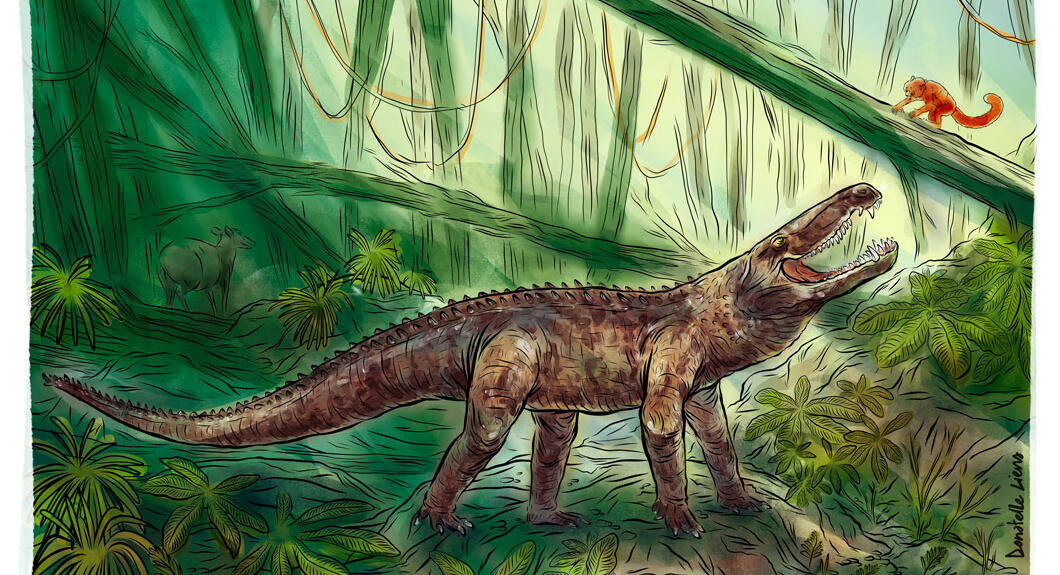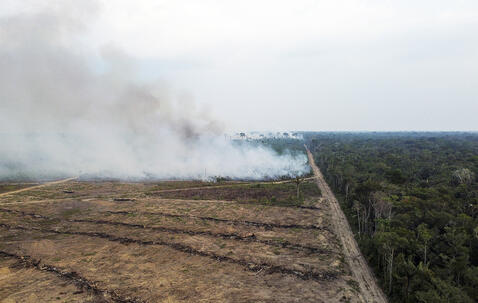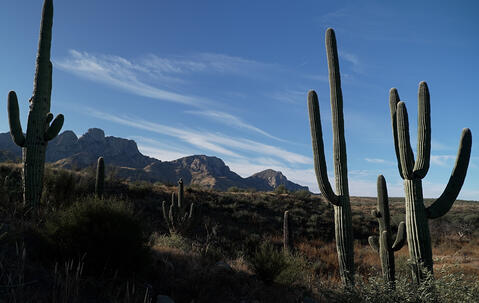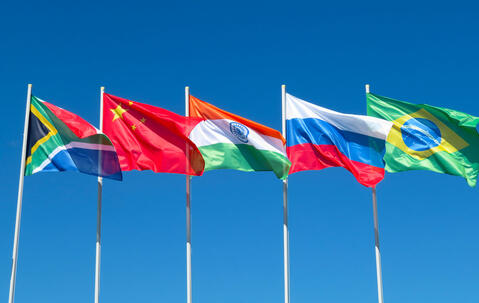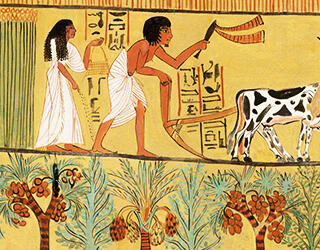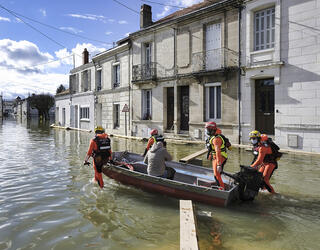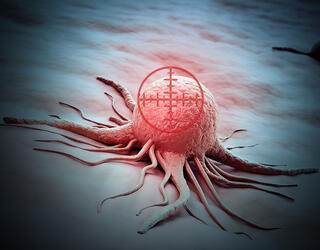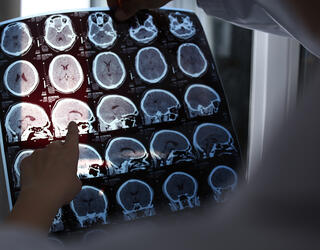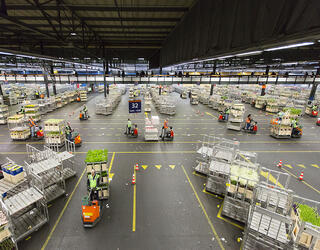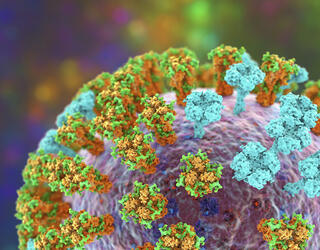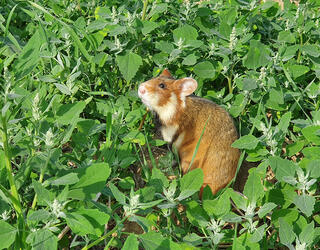A massive asteroid struck the Earth 66 million years ago, dramatically affecting marine and terrestrial environments, and causing the mass extinction of numerous animal and plant species. The sebecosuchians, a highly-adaptable group of reptiles belonging to the Crocodilian order, were one of the...
Slideshow
04.26.2024
In March 2020, France was one of the countries that adopted the strictest lockdown measures in an attempt to curb the Covid-19 pandemic. The historian and sociologist Nicolas Mariot looks back at this experiment in mass obedience.
Article
04.26.2024
The recent discovery of a binary system containing an extremely rare object, the most massive black hole (apart from SgrA*) ever detected in our Galaxy, calls into question the models for the formation of these bodies.
Article
04.24.2024
Our topics
Article
12.11.2023
The capture and storage of water are an integral part of the development of human societies. The geoarchaeologist Louise Purdue studies the history of hydraulic systems, from simple wells to complex...
12.08.2023
As the COP28 gets under way in Dubai, the climatologist Robert Vautard talks to CNRS News about the issues at stake and his new mandate as co-chair of IPCC Working Group I, which assesses the...
Article
12.05.2023
A molecule that can thwart one of the principal mechanisms of tumour resistance to cancer treatments and thus improve patient survival…. This is what researchers in Lyon (France) may have succeeded...
Article
11.29.2023
As the development of artificial intelligence (AI) demands ever more energy, how can its impact on climate change be limited?
11.29.2023
In an effort to gain a better understanding of the development of multiple sclerosis and diagnose it before the first symptoms appear, scientists are designing statistical and artificial intelligence...
Article
11.24.2023
How can one study a criminal organisation that, as one of its most basic principles, denies its own existence? To this end, the political anthropologist Deborah Puccio-Den has developed a new...
Article
11.21.2023
Superconductivity is the property of certain materials that can conduct electric currents with no resistance. This quantum phenomenon is still shrouded in mystery, and until now has been limited to...
Article
11.20.2023
The third most common reason for consulting a doctor, vertigo and its causes are increasingly well understood. Numerous options are being explored to relieve patients.
Article
11.16.2023
After decades of repressive legislation, the way in which societies regulate the use of psychoactive substances is evolving but remains decidedly ambiguous.
Article
11.15.2023
Essential links in the global economic system, the number and size of warehouses has increased sharply across the planet. The sociologist Delphine Mercier explains why she is interested in this “...
10.30.2023
Glycobiology, or study of the biological functions of saccharides, is a fully fledged research field that could one day lead to novel treatments for infections.
10.27.2023
European hamsters, declared critically endangered since 2020, have seen three quarters of their global population disappear in the past 50 years. Intensive cereal monoculture has been identified as...


